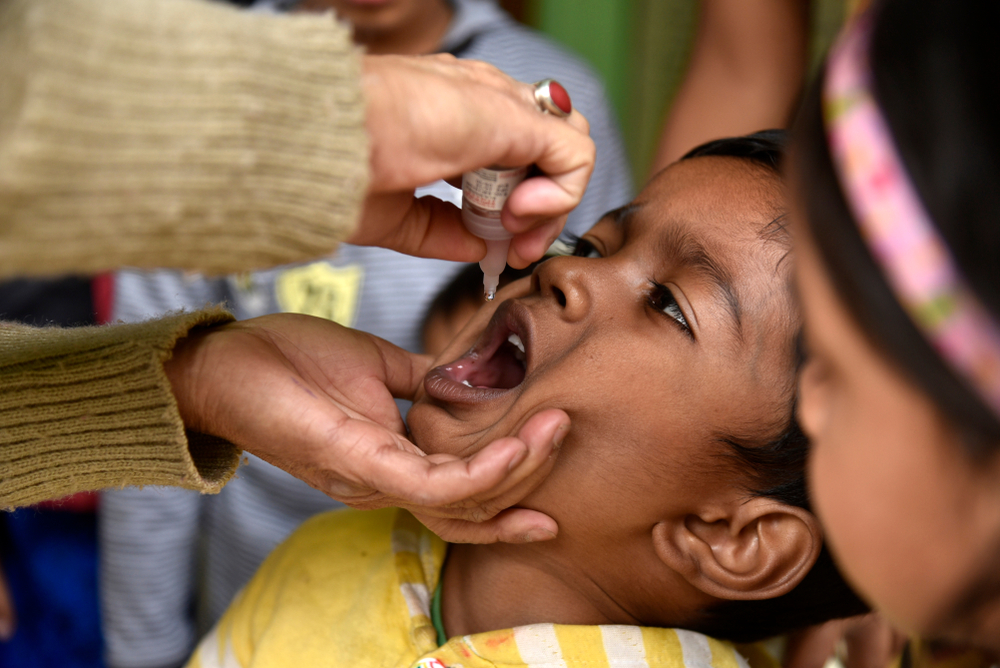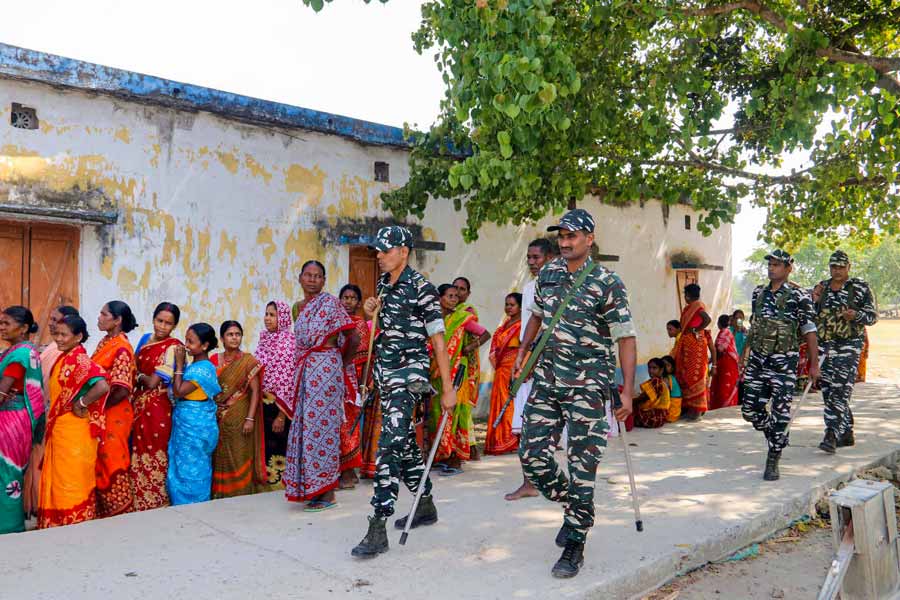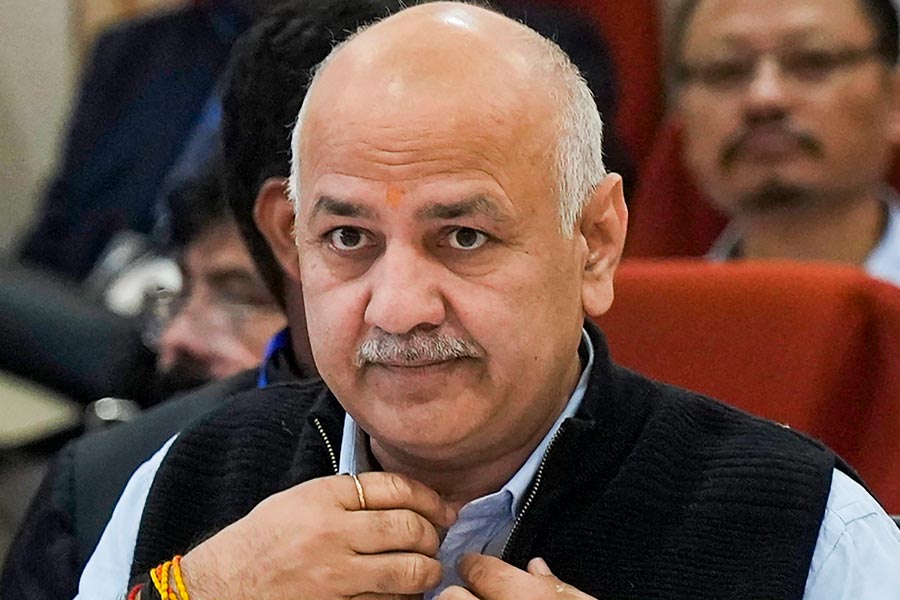Viruses and the infections they cause are in the news these days. In the past, they were known to have caused smallpox, chickenpox and measles epidemics. Today, some viral infections have been proven to result in cancer, such as the hepatitis B and C viruses, Epstein- Barr virus, human T-lymphotropic virus, Kaposi’s sarcoma-associated herpes virus (KSHV) and Merkel cell polyomavirus.
Infectious diseases in human beings are caused by both viruses and bacteria. Bacteria multiply outside the human cell and can be killed with the appropriate antibiotics. Viruses, on the other hand, enter the host cell and force it to produce virus particles, eventually destroying the host cell itself. During this process, the person exhibits symptoms such as fever, diarrhoea, breathing difficulty or brain damage because of inflammatory products released during cell damage, tissue destruction or immune response in the body.
Viruses need a “host” — either animal or human — to survive. For avian flu the host was birds and for swine flu it was pigs. The initial leap from the original host to humans is usually by an intermediary such as mosquitoes. The recent spate of coronavirus infections, caused by the nCoV-2019, seems to have spread from bats to humans. This is not novel — bats were the original hosts for the SARS, Mers and Nipah virus outbreaks too.
As people travel nationally and internationally to exotic locations, forests and tourist attractions (even bat caves) they are likely to come into contact with different viruses. An infection incubates asymptomatically for 5-14 days (depending on the virus) after which symptoms such as fever, cold, diarrhoea, headache, sore throat and cough can appear. The severity of the infection varies from person to person and virus to virus. In severe cases, death too can occur.
The person requires support and symptomatic treatment with paracetamol, fluids for hydration and cough suppressants. Steam inhalations and gargling will help. Antibiotics are not effective.
Some antiviral medications such as oseltamivir (Tamiflu) is used in influenza. It shortens the recovery time and reduces the severity. Anti-viral HIV medication has to be taken lifelong, the herpes virus responds to the cyclovir group of drugs. Antivirals are fewer in number, work against only a few specific viruses and are more toxic to the body than antibiotics.
Among the steps that can be taken to prevent infections is immunisation. As of now we have vaccines against HPV, chickenpox, influenza, hepatitis B, hepatitis A, MMR, polio, herpes zoster (for those over 60) and rabies. Dengue, HIV and coronavirus vaccines are being developed.
Despite the almost 100 per cent efficacy and safety of vaccines, misinformation spread on social media has influenced many parents to deny immunisation to their children, placing them at risk. Immunise your children. They have a right to preventive health. Keep your own immunisations up to date too.
Naturopathy advocates taking boluses of neem, tulsi, turmeric and sometimes papaya leaves as a treatment against many of the common viruses. They are effective at prevention to some extent if taken regularly for years. Their efficacy in acute infections has not yet been proven. Eating 4-6 helping of fresh fruits and vegetables daily to build up levels of protective antioxidants. Warm salt water gargles and steam inhalations done regularly reduce the population of disease-causing viruses in the nose and throat.
To keep viral diseases from spreading, do not go to school, college or office if you are sick.
(The writer is a paediatrician with a family practice at Vellore and the author of Staying Healthy in Modern India. If you have any questions on health issues, please write to yourhealthgm@yahoo.co.in)










